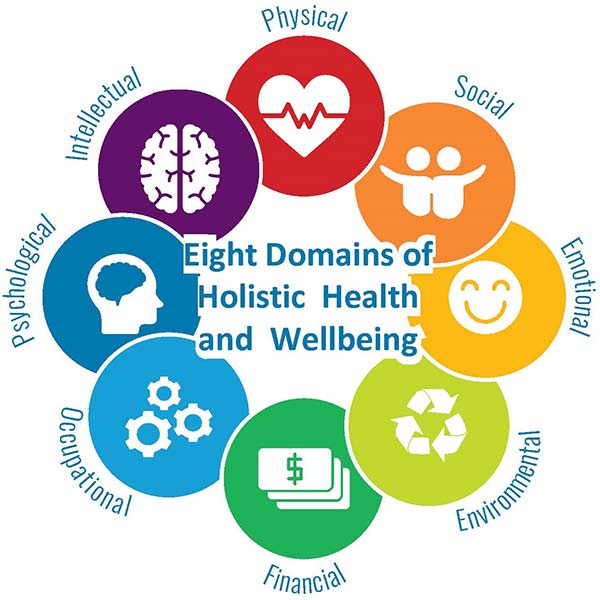
Emotional Fitness: Strategies for Resilience and Well-Being
Emotional fitness is a key component of overall well-being, influencing how we navigate life’s challenges and maintain mental health. In this article, we explore effective strategies for cultivating emotional fitness and building resilience.
Understanding Emotional Fitness
Emotional fitness involves the ability to manage and navigate our emotions effectively. It goes beyond simply reacting to situations and instead focuses on developing skills to respond thoughtfully and constructively. Building emotional fitness contributes to greater resilience and a more balanced emotional state.
Mindful Awareness of Emotions
The foundation of emotional fitness lies in being aware of our emotions. Mindfulness practices, such as meditation and deep breathing exercises, enable individuals to observe their emotions without judgment. This heightened awareness is essential for developing emotional intelligence and resilience.
Emotional Regulation Techniques
Emotional fitness includes the ability to regulate and control emotions. Techniques such as cognitive reappraisal, where one reframes their thoughts about a situation, and progressive muscle relaxation can help manage intense emotions. Learning and practicing these techniques contribute to emotional resilience.
Cultivating Empathy and Social Connection
Building emotional fitness involves fostering empathy and maintaining strong social connections. Understanding others’ perspectives and building supportive relationships contribute to emotional well-being. Connecting with friends, family, or a community provides a valuable support system during challenging times.
Stress Management Strategies
Stress is an inevitable part of life, but effective stress management is crucial for emotional fitness. Developing healthy coping mechanisms, such as exercise, journaling, or engaging in hobbies, helps individuals navigate stressors and prevents the negative impact of chronic stress on mental health.
Building a Positive Mindset
A positive mindset is a powerful aspect of emotional fitness. Cultivating optimism, practicing gratitude, and focusing on strengths rather than weaknesses contribute to a positive outlook. A resilient mind is better equipped to handle life’s uncertainties and bounce back from setbacks.
Self-Compassion Practices
Emotional fitness includes treating oneself with kindness and understanding. Self-compassion practices involve acknowledging one’s struggles without harsh self-judgment. Developing self-compassion fosters resilience, allowing individuals to navigate difficulties with a greater sense of self-worth.
Mind-Body Connection for Emotional Well-Being
The connection between the mind and body is integral to emotional fitness. Regular physical activity, proper nutrition, and sufficient sleep contribute to emotional well-being. Taking care of the body positively influences mood and overall emotional resilience.
Learning and Adaptability
Emotional fitness involves a willingness to learn and adapt. This includes learning from experiences, adapting to change, and embracing challenges as opportunities for growth. A mindset of continuous learning fosters emotional flexibility and adaptability.
Seeking Professional Support When Needed
If emotional challenges become overwhelming, seeking professional support is a proactive step. Mental health professionals can provide guidance, coping strategies, and a safe space to explore emotions. Acknowledging the need for help is a sign of strength and a crucial aspect of emotional fitness.
Emotional Fitness Strategies in Action
To explore and implement emotional fitness strategies, visit Emotional Fitness Strategies for additional resources and insights. The journey toward emotional well-being involves a combination of self-awareness, mindfulness, and proactive strategies. By incorporating these strategies into daily life, individuals can enhance their emotional fitness and lead more resilient, balanced lives.



